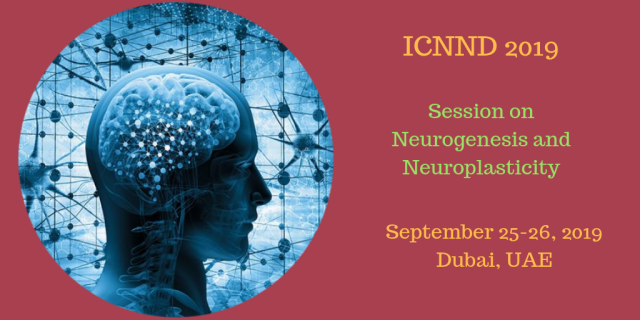
Neurogenesis observed in the adult human brain suggests the possibility of endogenous neural repair. Neurogenesis the growth and development of neurons and process is most active while a baby is developing in the womb and is responsible for the production of the brain’s neurons. Neurogenesis takes place in the subventricular zone (SVZ) that forms the lining of the lateral ventricles and the sub granular zone that forms part of the dentate gyrus of the hippocampus area. The stem cells that proliferate in the ventricular zone of the neural tube are the source of two major families of cells in the nervous system: the neurons and the glial cells. Hippocampus is also identified as one of the neurogenic zones and Hippocampal neurogenesis is important as it is involved in cognitive function, memory process and affective behaviour. Neuroplasticity is the ability of the brain to form new neural connections throughout life and it allows the nerve cells to compensate for brain injury and disease and adjust to changes and new environment. Mechanisms of neuroplasticity can impact the aspects of recovery after brain injury and helps to understand whether behavioural improvement reflects true behavioural recovery or the behavioural changes are simply due to the use of compensatory strategies.
To know more PS: https://bit.ly/2NV4w01

